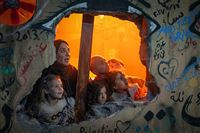During the vibrant decades of the 1980s and 1990s, children's cinema was a cornerstone of Iranian film culture, showcasing not just captivating tales but also the essence of Iranian identity. Among the luminaries of that period, Ebrahim Forouzesh shines as a filmmaker whose work is often likened to big names like Houshang Moradi Kermani and Abbas Kiarostami.
As a tribute to National Children's Day, to be celebrated on the 16th of Mehr (October 8th), iFilm English website features a profile of Ebrahim Forouzesh, renowned for his contributions to Iran's children's cinema.
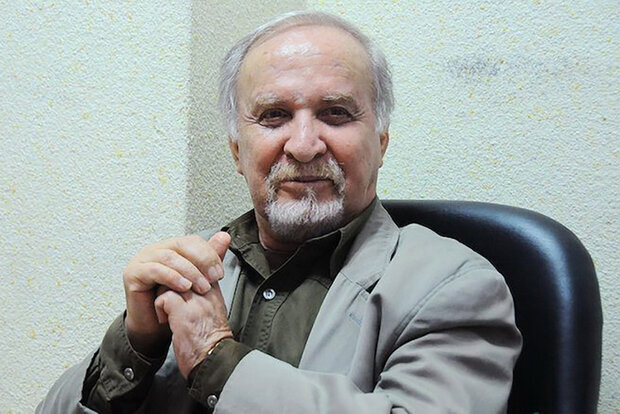
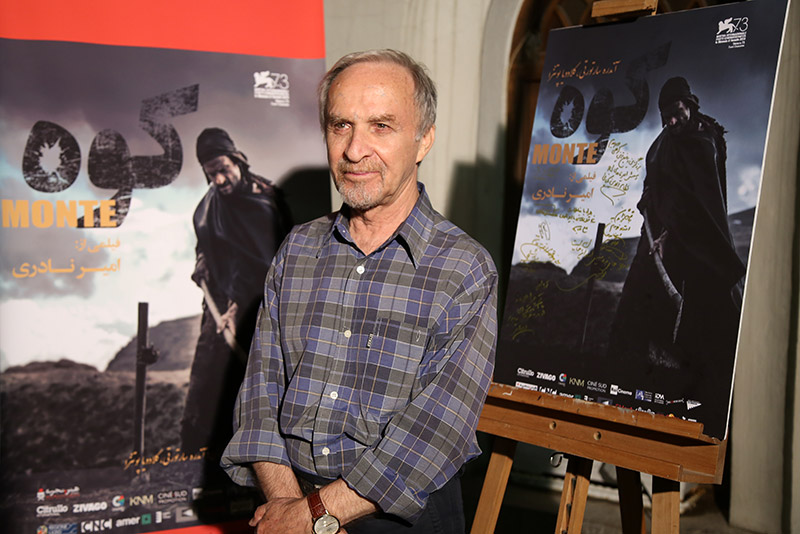 For those who grew up in the 1980s in Iran, the film ‘The Key’, released in 1985, holds a special place in their hearts. This timeless classic, broadcast on television numerous times, continues to captivate audiences and would undoubtedly find a new generation of admirers if aired again.
For those who grew up in the 1980s in Iran, the film ‘The Key’, released in 1985, holds a special place in their hearts. This timeless classic, broadcast on television numerous times, continues to captivate audiences and would undoubtedly find a new generation of admirers if aired again.
‘The Key’ is a simple yet oddly fascinating film that delves into the lives of two children left to their own in an empty house. While the storyline and visual presentation maintain a straightforward approach, working with a five-year-old child and a six-month-old baby posed an arduous challenge—an achievement that marked Forouzesh's directorial debut.
Forouzesh, whose artistic journey began in 1970 at the Center for Intellectual Development of Children and Young Adults (Kanoon), transitioned to directing after the Islamic Revolution.
He adapted ‘The Key’ from a screenplay by Abbas Kiarostami and turned to Houshang Moradi Kermani's tale for his second feature, ‘Khomreh’ (The Jar), produced in 1991.
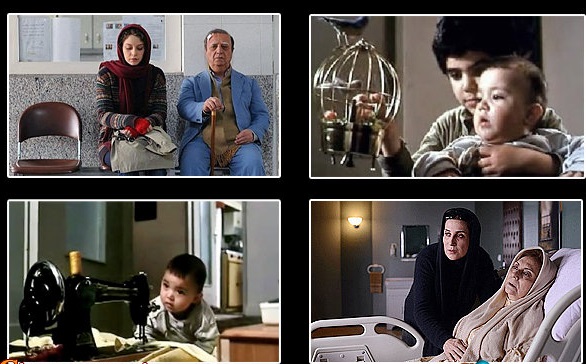
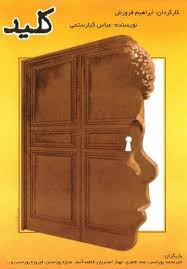 ‘Khomreh’ made history by clinching the Golden Leopard at the prestigious Locarno Film Festival, marking a watershed moment for Iranian cinema. The film tells a simple yet engaging story—a broken water jar in a desert village leaves the children without water. Despite the schoolteacher's valiant attempts to procure a replacement jar, it is only the selfless act of a village woman that brings hope.
‘Khomreh’ made history by clinching the Golden Leopard at the prestigious Locarno Film Festival, marking a watershed moment for Iranian cinema. The film tells a simple yet engaging story—a broken water jar in a desert village leaves the children without water. Despite the schoolteacher's valiant attempts to procure a replacement jar, it is only the selfless act of a village woman that brings hope.
‘Khomreh’ beautifully captures themes of intimacy, determination, and communal effort within the villagers' lives. These themes continued to resonate in Forouzesh's next work, ‘The Little Man’, released in 1997.
The film unfolds the story of Mohammad Ali, a twelve-year-old boy from a northern village, grappling with financial hardships that force his family to toil relentlessly. Mohammad Ali's decision to cultivate barren land causes him to neglect his studies, setting the stage for a compelling narrative that skillfully balances labor and education.
Forouzesh's second feature, ‘Khomreh’, secured the Golden Leopard for Iranian cinema at the Locarno Film Festival in 1994. Notably, he was nominated for Best Director at the 5th Fajr Film Festival in 1986 for ‘The Key’.
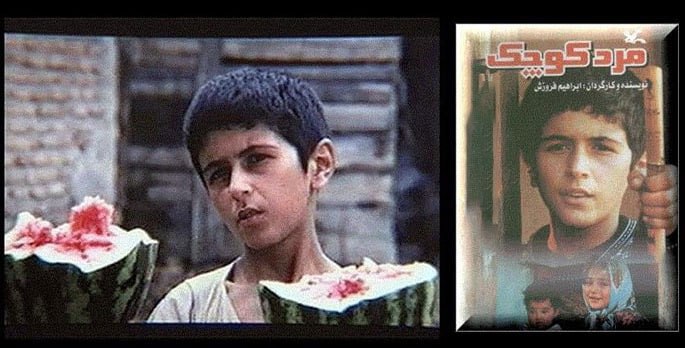
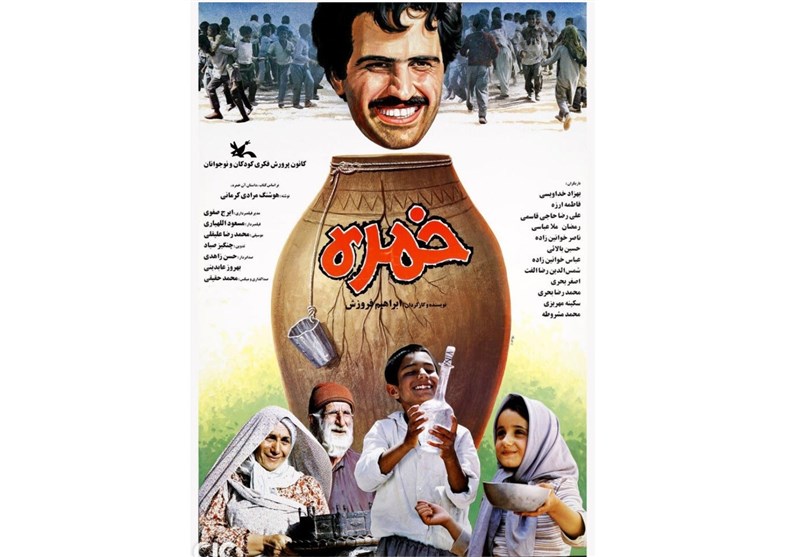
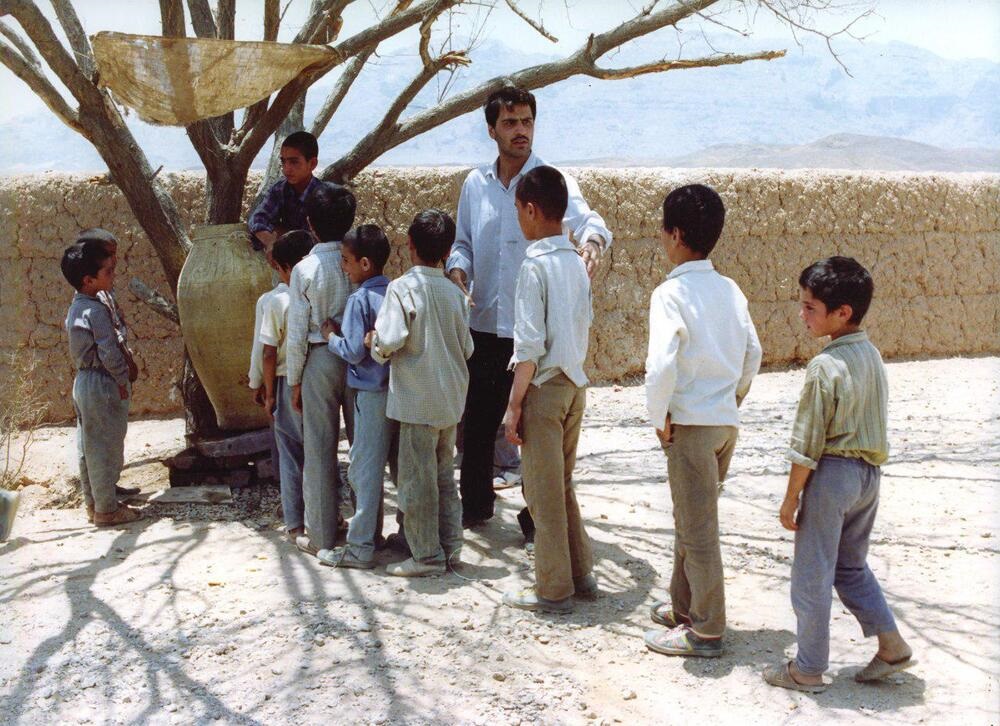
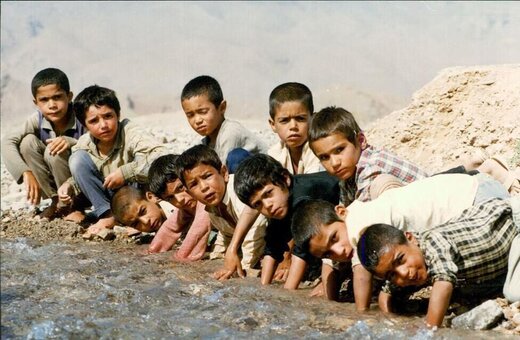
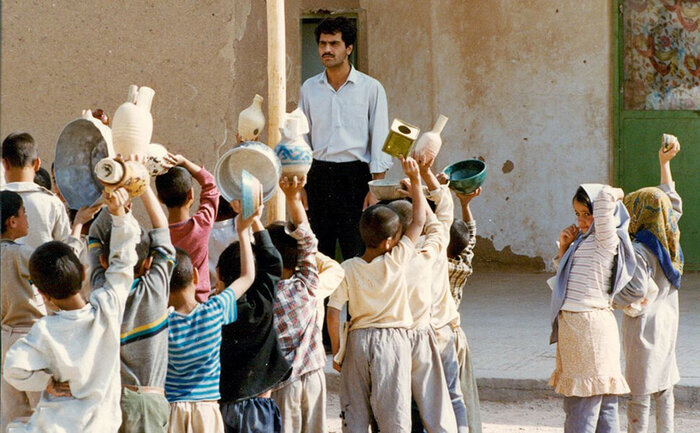 ‘Children of the Oil’ (Bacheha-ye Naft), released in 1999, deviates from Forouzesh's earlier works with its darker undertones. The film is about Ismaeel, whose father seeks work in the southern Iran, leaving his mother to grapple with life's challenges. Their existence is further marred by the looming threat of a debt-laden man seeking to seize their home. Nevertheless, ‘Children of the Oil’ underscores the tough spirit of a child determined to protect his family.
‘Children of the Oil’ (Bacheha-ye Naft), released in 1999, deviates from Forouzesh's earlier works with its darker undertones. The film is about Ismaeel, whose father seeks work in the southern Iran, leaving his mother to grapple with life's challenges. Their existence is further marred by the looming threat of a debt-laden man seeking to seize their home. Nevertheless, ‘Children of the Oil’ underscores the tough spirit of a child determined to protect his family.
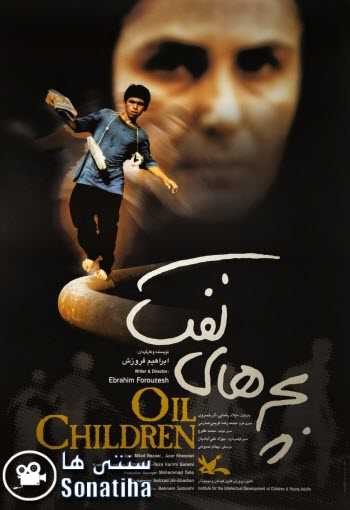
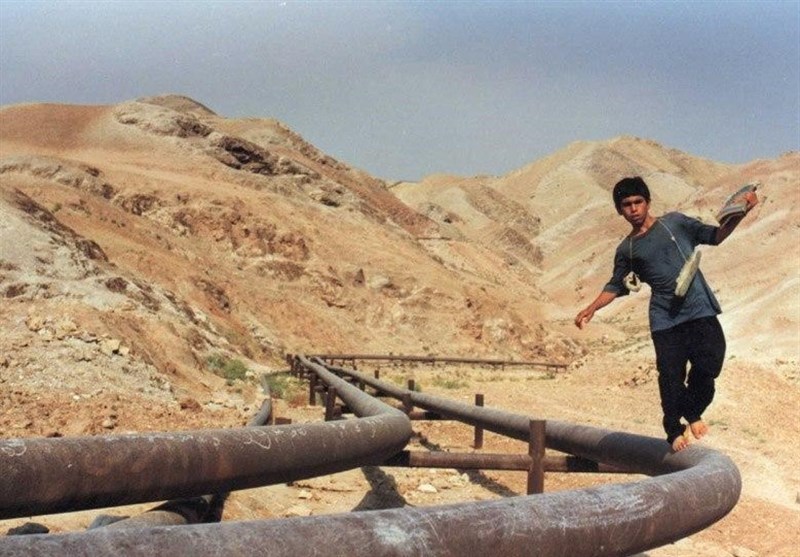
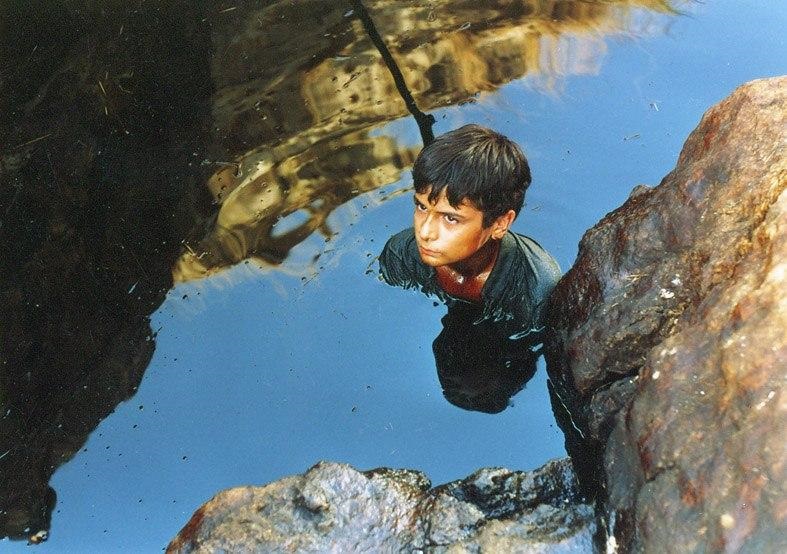 In ‘Hamoun and the Sea’, released in 2007, Forouzesh returns to the desert landscape. It tells the story of Hamoun, a gifted teenage musician, who finds himself entangled in a love story with Darya. When Darya falls seriously ill, Hamoun embarks on a journey across the desert to secure her medication.
In ‘Hamoun and the Sea’, released in 2007, Forouzesh returns to the desert landscape. It tells the story of Hamoun, a gifted teenage musician, who finds himself entangled in a love story with Darya. When Darya falls seriously ill, Hamoun embarks on a journey across the desert to secure her medication.
This film marks a departure in Forouzesh's filmography, as the protagonist's motivations extend beyond familial responsibilities to pursue personal desires. ‘Hamoun and the Sea’ takes a different path from typical coming-of-age stories and focuses on a love story, guiding Hamoun from earthly to a celestial love.
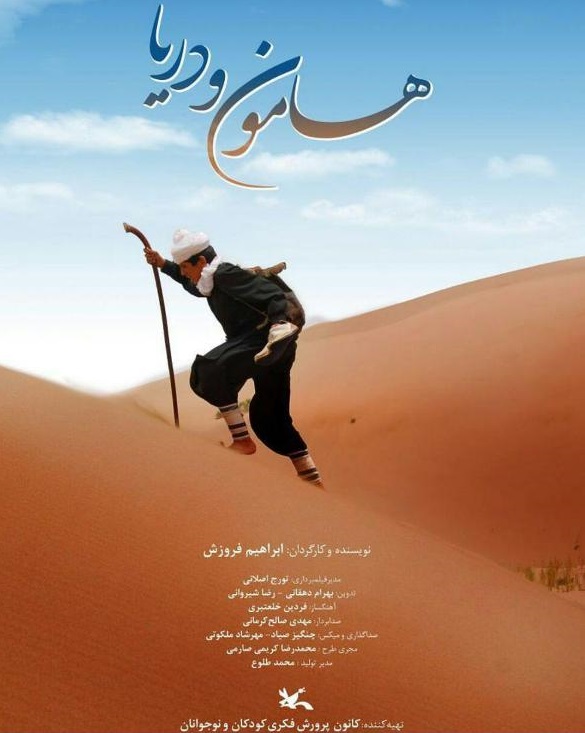
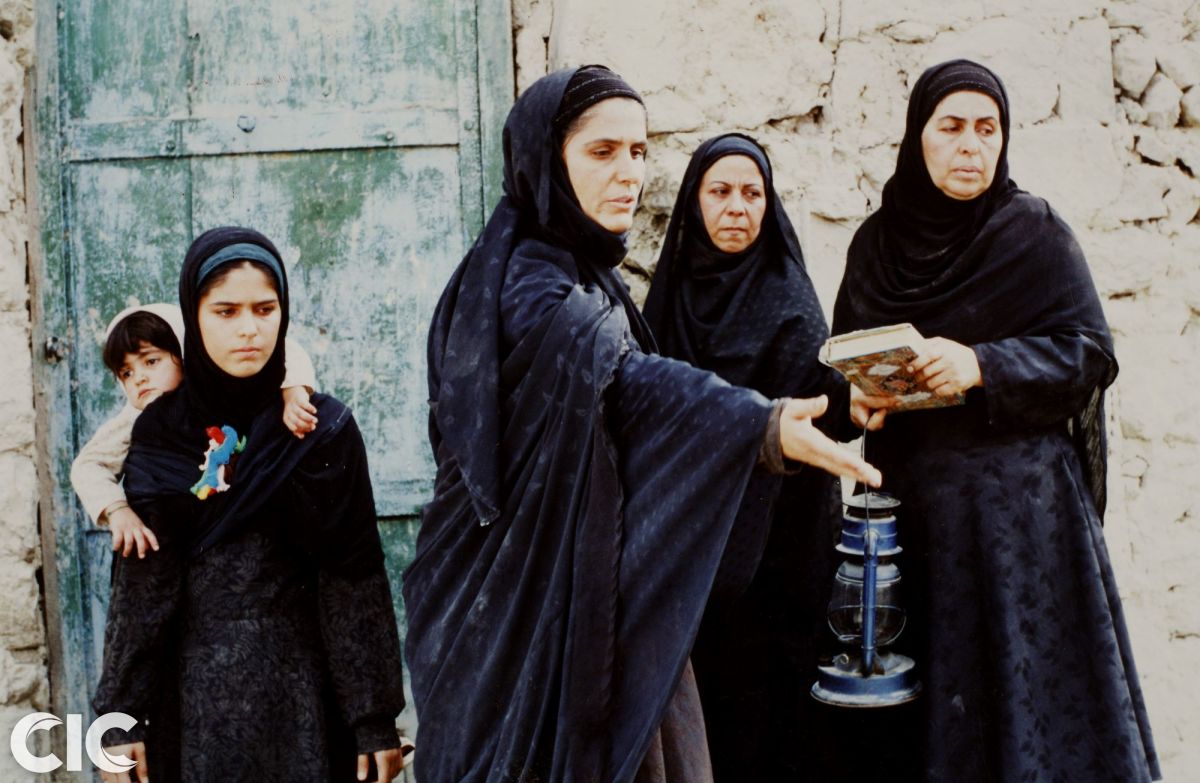
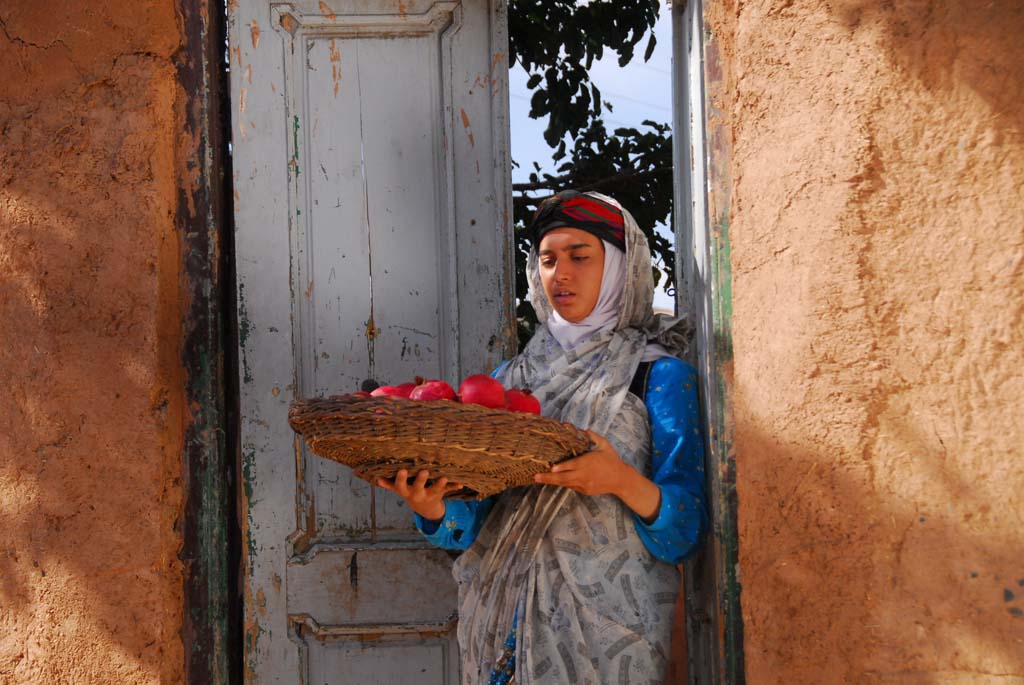
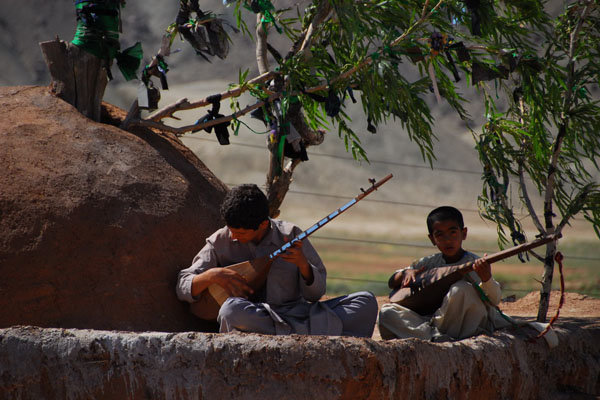
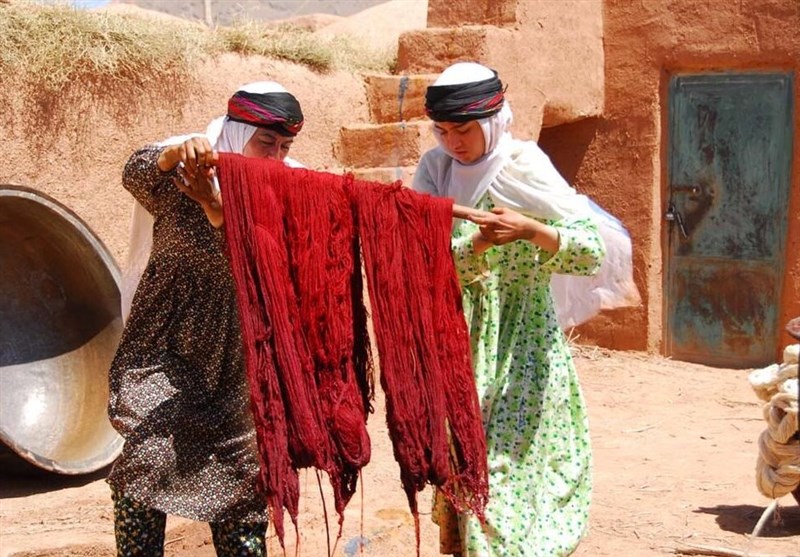
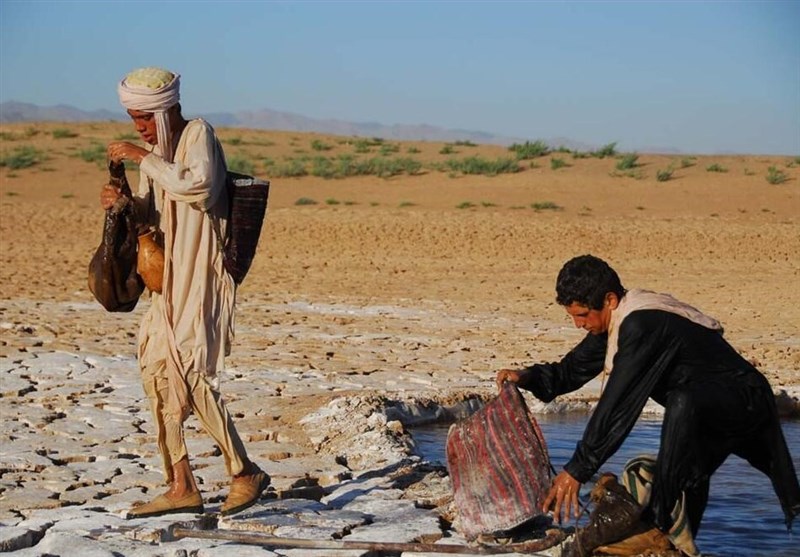 ‘Time to Love’ (Zamani Baraye Doos Dadan), released in 2007, takes a different direction with its urban setting while retaining its focus on a child.
‘Time to Love’ (Zamani Baraye Doos Dadan), released in 2007, takes a different direction with its urban setting while retaining its focus on a child.
The film portrays Babak, a remarkable child with physical disabilities. His parents, played by Mohsen Tanabandeh and Negin Sedq-Gouya, strive to provide a semblance of normalcy in his life despite the challenges.
Babak faces more than just his physical challenges; he also finds it hard to connect with his family. "Time to Love" could have become overly emotional because of its story, but it handles the situation with care, showing Babak as an exceptional child in a sincere way.
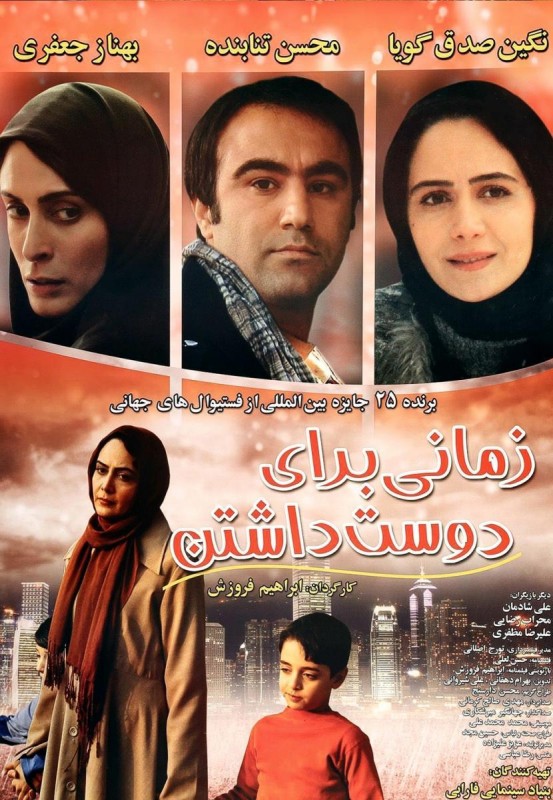
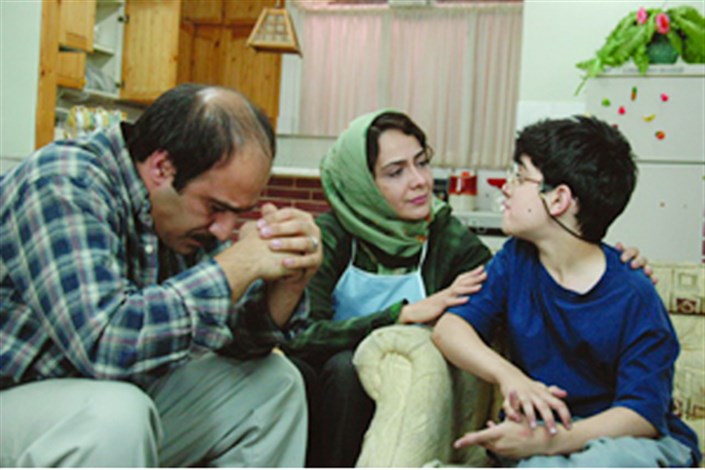
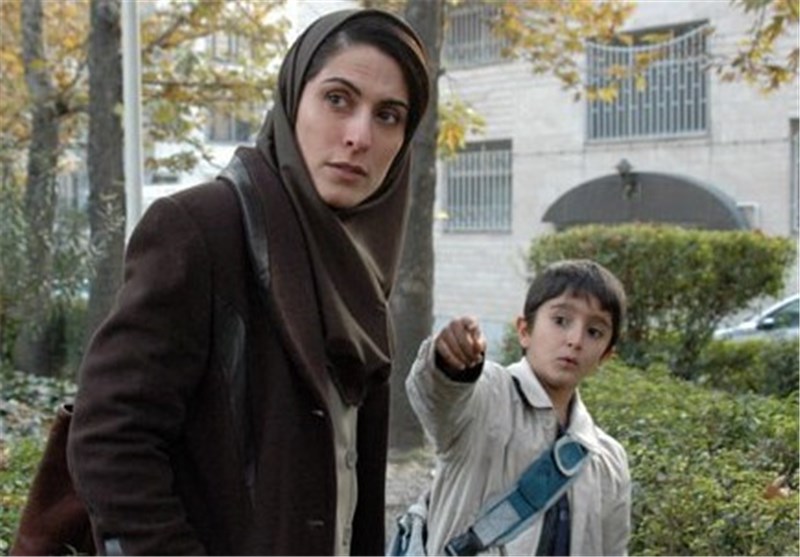
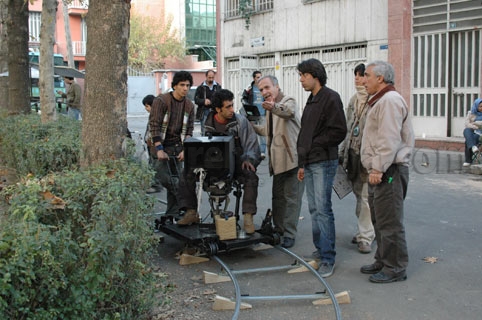
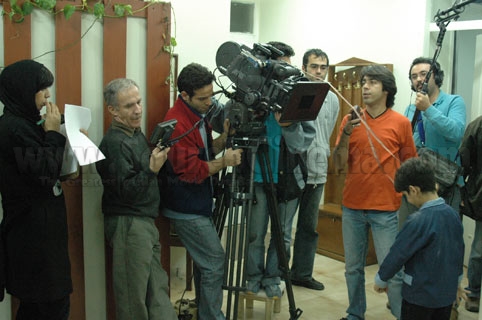
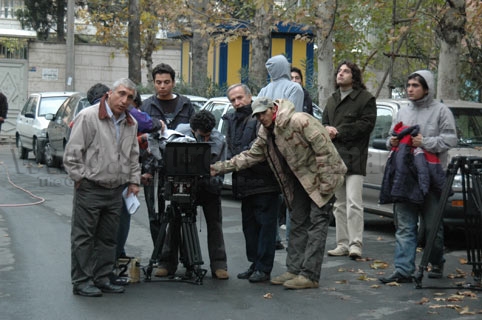
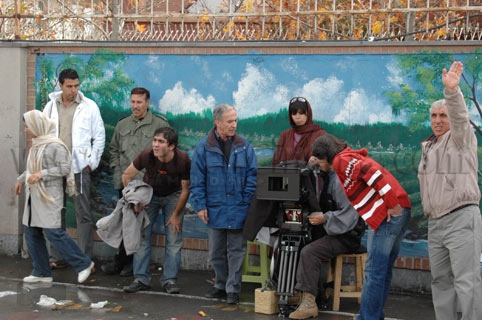
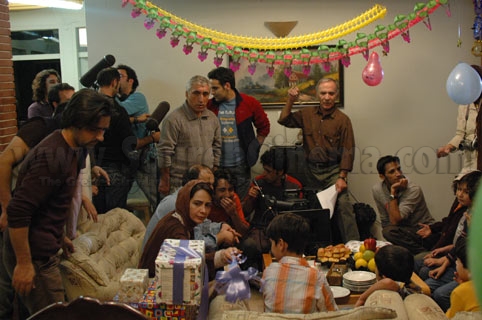 ‘Shir Too Shir’, released in 2011, represents Forouzesh's most recent work to date.
‘Shir Too Shir’, released in 2011, represents Forouzesh's most recent work to date.
Based on a story by Houshang Moradi Kermani titled ‘Shir’ (Milk), the film injects a comic twist into the narrative.
The film starts with a flashback, introducing Amir Ali, a lazy student often scolded at school. His laziness isn't due to his intelligence but rather his birth tragedy. His mother died during childbirth, leading to a series of challenges for his father, Fazli, played by Hedayat Hashemi. Despite overcoming obstacles to get milk for Amir Ali, rumors later shadow their decision. Years later, Amir Ali still can't focus on studies due to past memories, stares, and taunts.
‘Shir Too Shir’ narrates a uniquely Iranian tale, retaining the hallmark of Forouzesh's masterpieces—a child's unwavering determination to carve their place in the world, proving themselves to others.
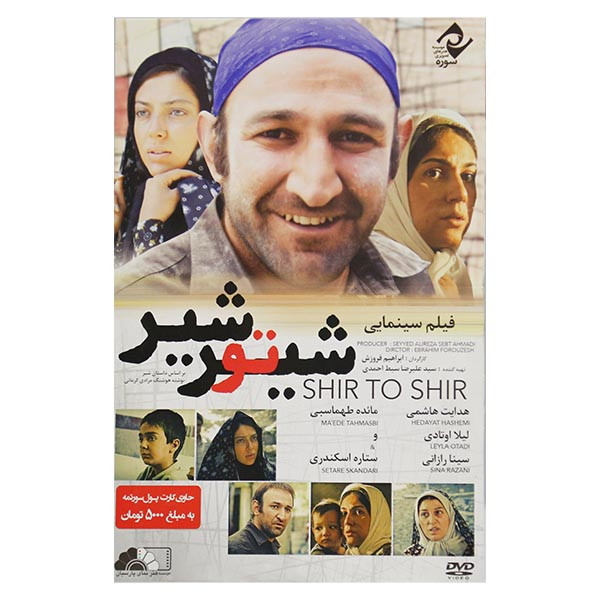 Looking at Forouzesh's overall career in film, he appears as a skilled director who excels in working with young actors and crafting touching stories about kids and teenagers. His stories, while not overly complicated, revolve around the strong determination of young people who, with their resilience, manage to navigate the challenging journey of growing up.
Looking at Forouzesh's overall career in film, he appears as a skilled director who excels in working with young actors and crafting touching stories about kids and teenagers. His stories, while not overly complicated, revolve around the strong determination of young people who, with their resilience, manage to navigate the challenging journey of growing up.
Here's an award overview:
- Nominated for Best Director at the 5th Fajr Film Festival in 1986 for ‘The Key’
- Won Best Second Film at the 10th Fajr Film Festival in 1991 for ‘Khomreh’
- Received the Golden Leopard at the Locarno Film Festival in Switzerland in 1994 for ‘Khomreh’
- Recognized as the Second Best Film of the Year at the 5th Selection of Writers and Critics in 1990 for ‘The Key’
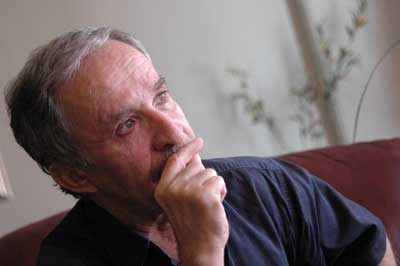 As we celebrate Forouzesh's contributions to Iranian cinema, we can only hope that his cinema continues to inspire and resonate with generations to come, reminding us all of the enduring power of storytelling and the boundless potential of young hearts and minds.
As we celebrate Forouzesh's contributions to Iranian cinema, we can only hope that his cinema continues to inspire and resonate with generations to come, reminding us all of the enduring power of storytelling and the boundless potential of young hearts and minds.
More profile articles:
Shahab Hosseini
Majid Entezami
Saeed Nikpour
Kamand Amir-Soleymani
Mahmoud Pakniyyat
Farhad Fakhreddini
Akbar Abdi
Hossein Soheilizadeh
Gholamreza Ramezani
Farajollah Salahshour
Seifollah Daad
Bahram Tavakkoli
MM/MM

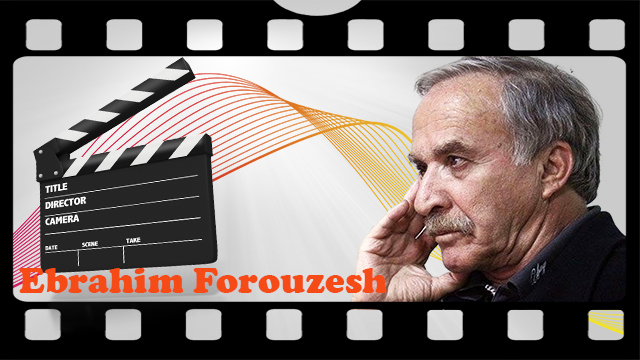

 For those who grew up in the 1980s in Iran, the film ‘The Key’, released in 1985, holds a special place in their hearts. This timeless classic, broadcast on television numerous times, continues to captivate audiences and would undoubtedly find a new generation of admirers if aired again.
For those who grew up in the 1980s in Iran, the film ‘The Key’, released in 1985, holds a special place in their hearts. This timeless classic, broadcast on television numerous times, continues to captivate audiences and would undoubtedly find a new generation of admirers if aired again.
 ‘Khomreh’ made history by clinching the Golden Leopard at the prestigious Locarno Film Festival, marking a watershed moment for Iranian cinema. The film tells a simple yet engaging story—a broken water jar in a desert village leaves the children without water. Despite the schoolteacher's valiant attempts to procure a replacement jar, it is only the selfless act of a village woman that brings hope.
‘Khomreh’ made history by clinching the Golden Leopard at the prestigious Locarno Film Festival, marking a watershed moment for Iranian cinema. The film tells a simple yet engaging story—a broken water jar in a desert village leaves the children without water. Despite the schoolteacher's valiant attempts to procure a replacement jar, it is only the selfless act of a village woman that brings hope.



 ‘Children of the Oil’ (Bacheha-ye Naft), released in 1999, deviates from Forouzesh's earlier works with its darker undertones. The film is about Ismaeel, whose father seeks work in the southern Iran, leaving his mother to grapple with life's challenges. Their existence is further marred by the looming threat of a debt-laden man seeking to seize their home. Nevertheless, ‘Children of the Oil’ underscores the tough spirit of a child determined to protect his family.
‘Children of the Oil’ (Bacheha-ye Naft), released in 1999, deviates from Forouzesh's earlier works with its darker undertones. The film is about Ismaeel, whose father seeks work in the southern Iran, leaving his mother to grapple with life's challenges. Their existence is further marred by the looming threat of a debt-laden man seeking to seize their home. Nevertheless, ‘Children of the Oil’ underscores the tough spirit of a child determined to protect his family.

 In ‘Hamoun and the Sea’, released in 2007, Forouzesh returns to the desert landscape. It tells the story of Hamoun, a gifted teenage musician, who finds himself entangled in a love story with Darya. When Darya falls seriously ill, Hamoun embarks on a journey across the desert to secure her medication.
In ‘Hamoun and the Sea’, released in 2007, Forouzesh returns to the desert landscape. It tells the story of Hamoun, a gifted teenage musician, who finds himself entangled in a love story with Darya. When Darya falls seriously ill, Hamoun embarks on a journey across the desert to secure her medication.




 ‘Time to Love’ (Zamani Baraye Doos Dadan), released in 2007, takes a different direction with its urban setting while retaining its focus on a child.
‘Time to Love’ (Zamani Baraye Doos Dadan), released in 2007, takes a different direction with its urban setting while retaining its focus on a child.






 ‘Shir Too Shir’, released in 2011, represents Forouzesh's most recent work to date.
‘Shir Too Shir’, released in 2011, represents Forouzesh's most recent work to date. Looking at Forouzesh's overall career in film, he appears as a skilled director who excels in working with young actors and crafting touching stories about kids and teenagers. His stories, while not overly complicated, revolve around the strong determination of young people who, with their resilience, manage to navigate the challenging journey of growing up.
Looking at Forouzesh's overall career in film, he appears as a skilled director who excels in working with young actors and crafting touching stories about kids and teenagers. His stories, while not overly complicated, revolve around the strong determination of young people who, with their resilience, manage to navigate the challenging journey of growing up. As we celebrate Forouzesh's contributions to Iranian cinema, we can only hope that his cinema continues to inspire and resonate with generations to come, reminding us all of the enduring power of storytelling and the boundless potential of young hearts and minds.
As we celebrate Forouzesh's contributions to Iranian cinema, we can only hope that his cinema continues to inspire and resonate with generations to come, reminding us all of the enduring power of storytelling and the boundless potential of young hearts and minds.


